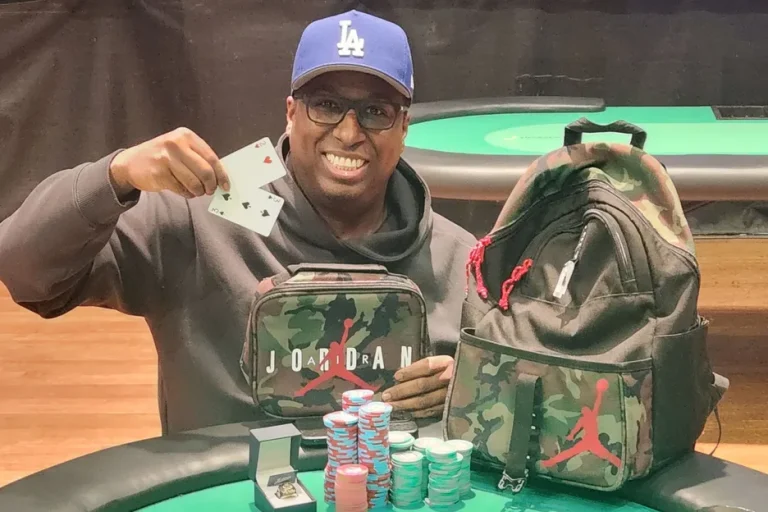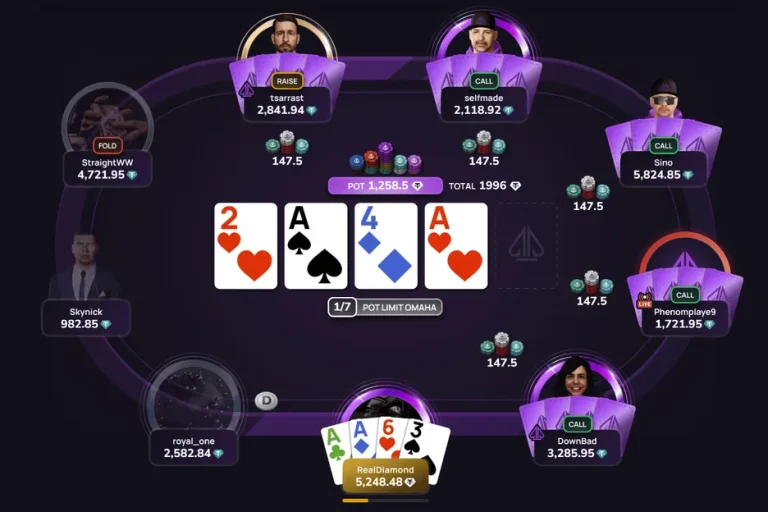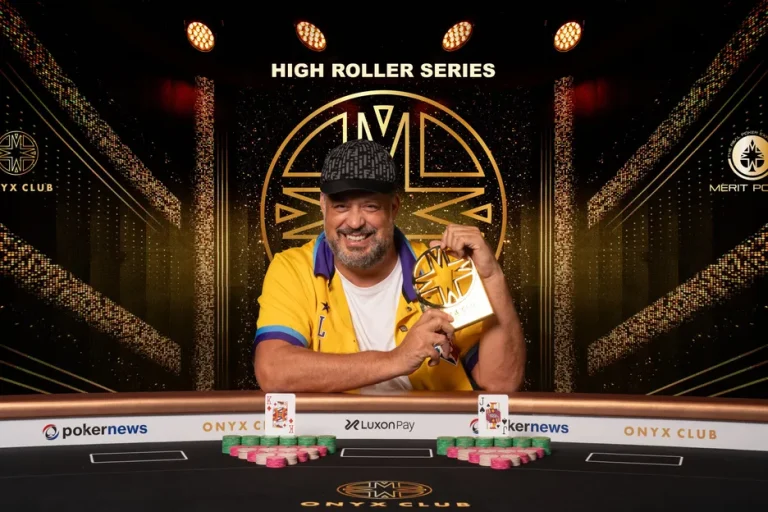Blind Man’s Bluff is a lively and unconventional poker variant that flips traditional gameplay on its head. Instead of keeping your own cards hidden, you wear your card on your forehead for everyone to see—except yourself. This twist creates a unique psychological game where reading others becomes even more critical than reading your own hand. Mastering Blind Man’s Bluff requires strategic thinking, sharp observation, and confidence in calculated bluffs. This guide will help you refine your skills and gain an edge at the table.
Understand the Core Rules of Blind Man’s Bluff
Before diving into strategies, it’s essential to fully grasp how Blind Man’s Bluff is played. Typically, each player receives one card placed face-out on their forehead, visible to everyone else but themselves. The objective is simple: bet and bluff your way to winning the pot, despite not knowing your own card. The game usually follows a standard betting round as seen in Texas Hold’em, minus the community cards and with only one hole card per player.
Learn to Read Opponents’ Reactions
Your biggest clue in this game comes from the people around you. Because they can see your card, their reactions can tell you a lot about its strength. Are they smiling? Trying to suppress a laugh? Betting big? These signals may indicate whether your card is strong or weak. Train yourself to detect subtle changes in behavior and betting patterns. Over time, you’ll be able to distinguish genuine confidence from deliberate deception.
Bet According to Table Behavior
Since you’re playing blind to your own card, your betting strategy must be rooted in social observation. If most opponents check or fold when it’s your turn, your card might be strong, giving you a green light to raise. Conversely, if opponents aggressively bet into you, it may indicate your card is weak, and folding could be wise. However, players might bluff based on your potential reaction, so don’t rely on a single tell—look for patterns over multiple hands.
Master the Art of Bluffing
Bluffing is more psychological in Blind Man’s Bluff than in standard poker. Because everyone sees your card, a good bluff involves misrepresenting what you think of your own strength. For instance, confidently raising when you have an obviously weak card can throw others off their game. A successful bluff here can be more satisfying and impactful because of the added mind-game element. Just be cautious—over-bluffing can make you predictable and exploitable.
Control Your Own Reactions
In Blind Man’s Bluff, your reactions are just as telling to others as theirs are to you. Practice maintaining a neutral expression and consistent behavior regardless of the card you draw. The more you can keep your responses stable, the harder it is for opponents to gain insight into your read of the game or your confidence level. This discipline can be the difference between winning and losing in close hands.
Track Betting Histories and Opponent Patterns
Just like in traditional poker, paying attention to how each opponent bets over time will give you a strategic advantage. Do they only bet big when your card is weak? Are they tight or aggressive regardless of your visible card? Keeping mental or physical notes can help you adapt your play and exploit recurring tendencies. Knowledge accumulated over time often outweighs momentary card advantage in this game.
Adapt to Group Skill Levels
Playing with beginners versus experienced players requires different tactics. Against novices, you might succeed more with straightforward strategies, since they are more likely to act honestly based on your visible card. With seasoned players, expect more layered bluffs and reverse tells. Stay flexible, and never assume your read is 100% accurate. The ability to adjust your strategy based on player type is a hallmark of true mastery.
FAQ
What’s the most effective bluffing tactic in Blind Man’s Bluff?
The most effective bluff involves betting confidently when your card is weak, paired with consistent body language. This forces opponents to question their read of your behavior, especially if you’ve shown mixed strategies in the past.
How do I know when to fold if I can’t see my card?
Fold when multiple opponents show aggression or when betting patterns strongly indicate you hold a weak card. Rely on opponent reactions, betting history, and situational logic to guide your decisions.
Is Blind Man’s Bluff based more on luck or skill?
While luck plays a role, especially since you don’t know your own card, long-term success depends heavily on skill—reading others, bluffing effectively, and adjusting to opponents’ tendencies all make a significant difference.


